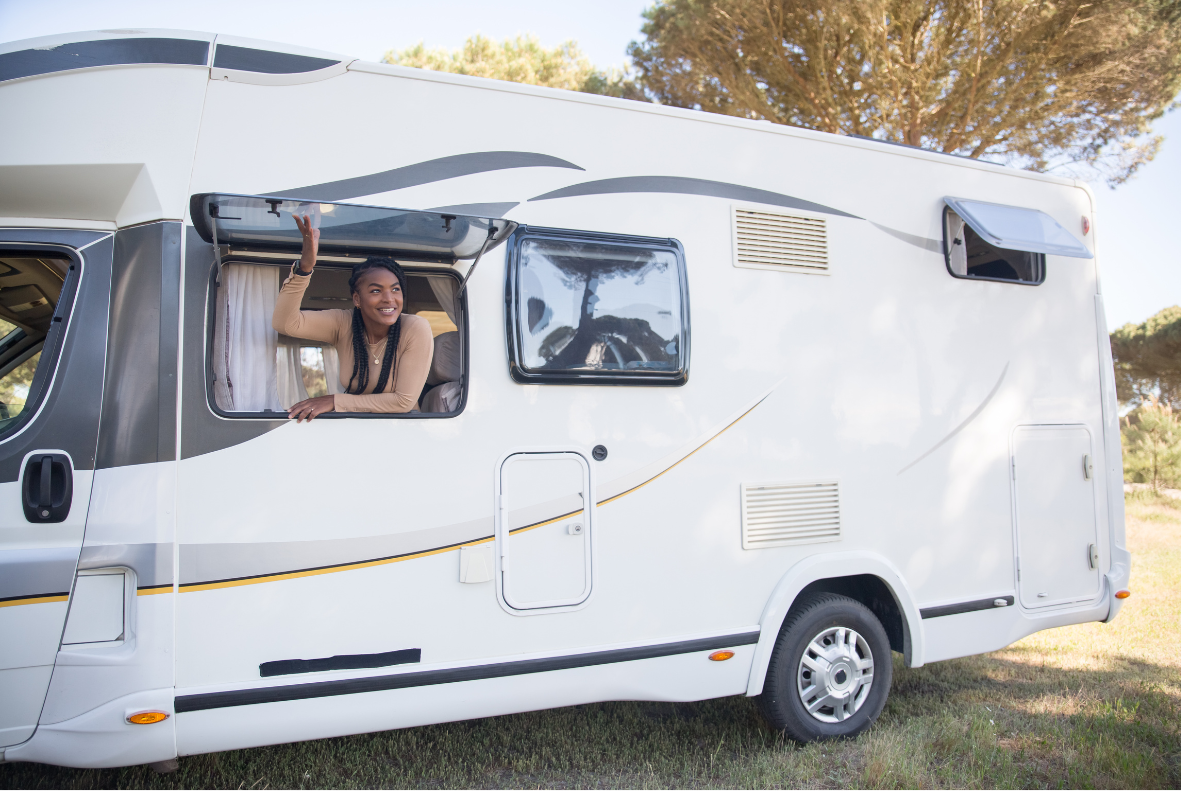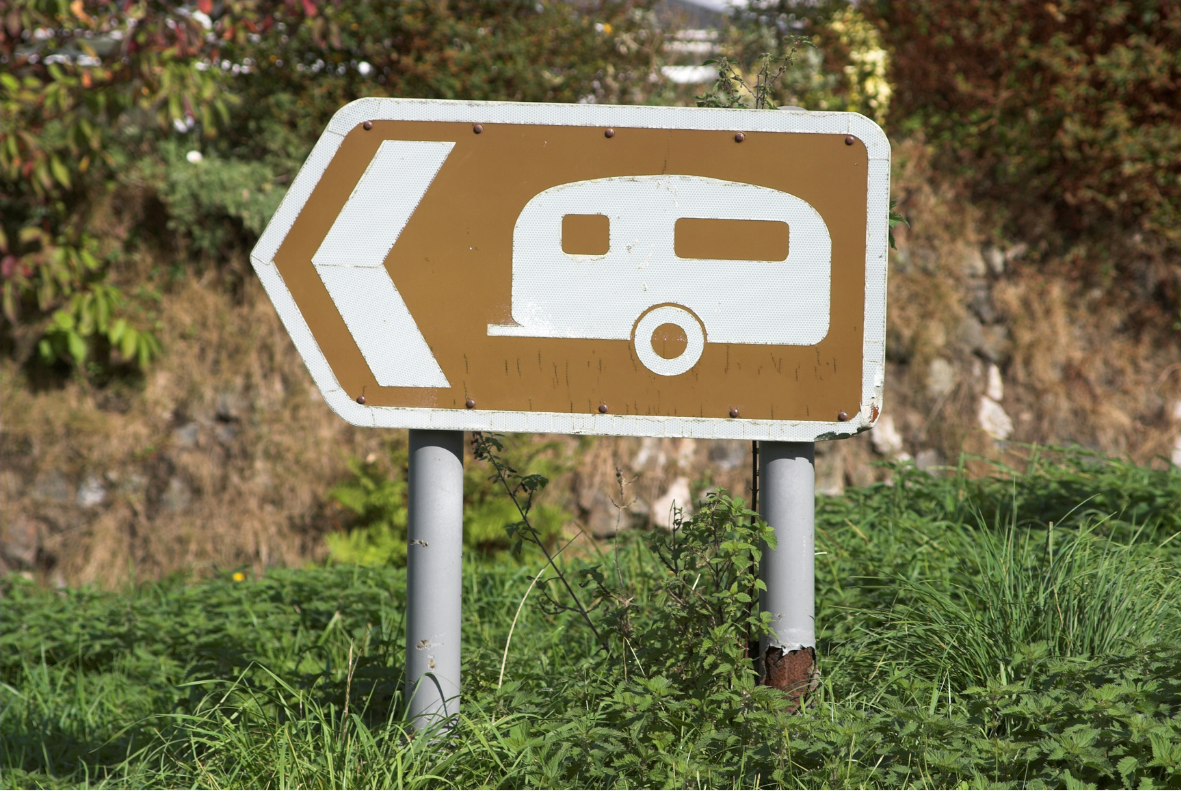Compare Caravan Insurance
- Save on your caravan insurance
- Compare a wide range of insurers at once
- 100% independent comparison service
- A quick and easy quote process

Caravan Insurance: FAQs
Q. What’s the difference between a static and a touring caravan?
A. A static caravan is a more permanent type of accommodation. It suits long or residential stays on holiday parks, and features full amenities like kitchens and bathrooms.
On the other hand, a touring caravan is designed to be towed behind your vehicle. It's smaller and lighter, with more compact kitchen and bathroom facilities. They’re good for holidays and road trips, so you’re covered wherever you end up. Remember though, touring caravans shouldn’t be confused with motorhomes or campervans, which require specialist insurance.
Q. Does my car insurance not cover my caravan?
A. Most car insurance policies cover your car while towing a caravan but typically exclude the caravan itself. Be sure to check your policy details.
Q. What if I live in a caravan?
A. If you live in your caravan, you can get insurance, although it's a more specialised type of cover. When you get a quote, you’ll be asked if your caravan is your permanent residence. Having this insurance is crucial as it protects both your home and personal possessions, which can be difficult and costly to replace.
Q. Can I use my caravan in another country?
A. Yes, most specialist policies cover you outside the UK, but always check your policy details for any limitations on the number of days you can travel abroad. When you're outside of the UK, make sure you have the necessary paperwork, including your driving licence, passport, proof of ownership, valid MOT, proof of insurance, or a Green Card, and possibly an International Driving Permit.
Q. Can my family or friends use my caravan?
A. Double-check your policy before you hand over the keys, but most policies include cover for lending your caravan to family or friends. However, if you're lending out your caravan commercially and for financial gain, this is usually excluded.
Q. How much will caravan insurance cost?
A. The cost of caravan insurance varies based on several factors, including:
- The value and age of your caravan
- Your level of cover
- Security measures like alarms, trackers, and wheel clamps
- Your driving history and claims experience
Improving security with wheel clamps, window locks, and alarms can help reduce costs. Keeping your caravan in a secure storage location, especially one approved by the Caravan Storage Site Owners’ Association (CaSSOA), also helps. Membership in clubs like the Caravan and Motorhome Club might also offer discounts.
Q. Do I have to get caravan insurance?
A. Caravan insurance isn’t legally required since caravans don’t need a motor to operate. However, it’s a smart choice for both touring and static caravans, given the peace of mind and protection it gives you.
Other caravan insurance articles which you may be interested in...
 UK Caravan Laws & Regulations -
Understand the laws and regulations that come with owning a caravan.
UK Caravan Laws & Regulations -
Understand the laws and regulations that come with owning a caravan.
 Caravan Touring in Europe -
A quick guide to making sure you've got everything you need before taking your caravan to Europe.
Caravan Touring in Europe -
A quick guide to making sure you've got everything you need before taking your caravan to Europe.

